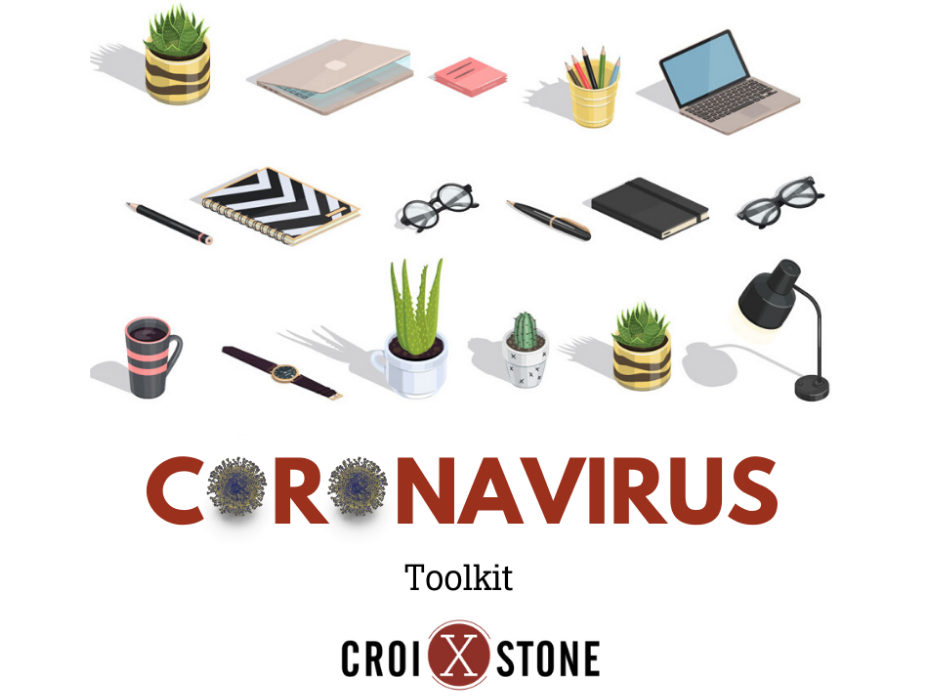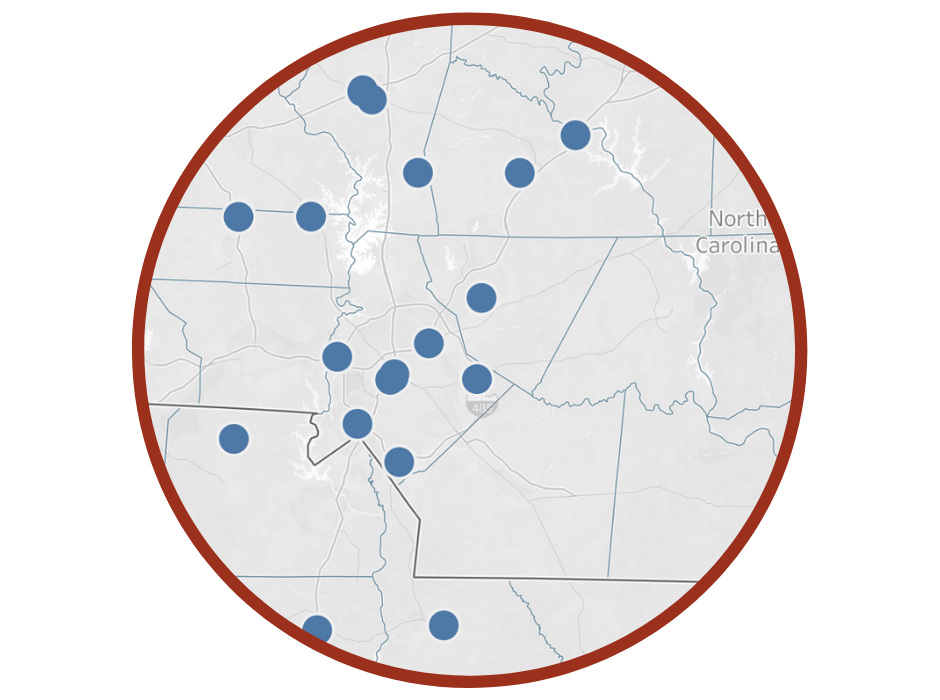The NOW Normal.
Life has changed dramatically for all of us in the Charlotte region over the past couple of weeks. Given the vast uncertainties we’re facing with COVID-19 and the economy, the Croixstone team isn’t quite ready to call these times the “new” normal. We prefer to think of our current state as the “now’ normal.
Whether you are presently employed or seeking your next opportunity, COVID-19 is causing all of us to think, and act, differently. The following links are designed to help you navigate the “now” normal.
Learn about consulting.
Join Croixstone + the Charlotte Chapter of the National Black MBA Association for a virtual Zoom meeting/webinar on “The Business of Consulting.” Joining us will be leaders from Deloitte, The Kaleidoscope Group + The Graybeard Partners. Wednesday, April 8 from 6-7:3pm.
Grab your tickets here.
Learn how consulting revenues may be impacted by COVID-19.
Yes, the consulting industry is being impacted. Source Global Research has surveyed hundreds of consulting firms from across the world to gain insights.
Click here.
Find a job.
Your best strategy during the COVID-19 pandemic might be to focus on short-term solutions.
View this Fast Company article to learn more.
Learn more about collaboration tools.
Inc. magazine has compiled a comprehensive list of tools including pricing.
Click here.
Learn how to stay productive + connected while at home.
LinkedIn is offering 16 free professional development courses on Microsoft Teams, Skype, Zoom and more.
Click here.
Learn Zoom basics.
Zoom experts host interactive, live training webinars daily.
Sign-up for free or watch a previously recorded training session.
Click here.
Take your Zoom skills to the next level.
Learn 13 Zoom video chat tips, tricks + hidden features.
Click here.
Learn how to run a virtual meeting.
An executive recruiter shares 8 cardinal rules for successful virtual meetings with Forbes.
Click here.
Access a library of COVID-19 resources.
Check out the Charlotte Regional Business Alliance’s “COVID-19 Resource Portal.”
Click here.
Learn how to lead during a crisis/downturn.
5 great tips from Chief Executive magazine.
Click here.
Find your right work-from-home playlist.
LinkedIn is now on Spotify with a variety of playlists curated for the varying times of your career journey.
Click here.










